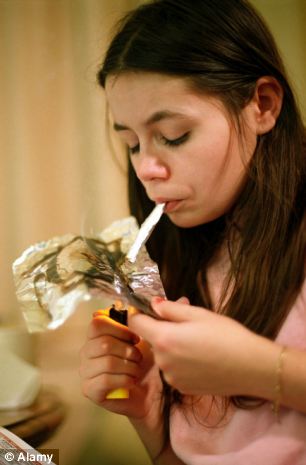Fiona Macrae
Daily Mail
August 13, 2013
 Eldest children who have half-brothers and sisters are more likely to try drugs and sex earlier than their peers, research has found.
Eldest children who have half-brothers and sisters are more likely to try drugs and sex earlier than their peers, research has found.
A study of boys and girls whose mothers later had children with another man found they were 65 per cent more likely to have used drugs by age 15 than those who had only full siblings.
They were more than twice as likely to have sex by their mid-teens.
The differences remained even when the trauma of divorce was taken into account, the US researchers said, adding that the number of children with half-siblings is on the rise.
In Britain, 42 per cent of marriages end in divorce.
A study has shown children of divorce are nine times more likely to commit a crime.
However, experts struggle to explain the impact of half-siblings.
As children tend to live with their mother after a separation, the Iowa State University researchers focused on those whose mothers went on to have families with different men.
They looked only at eldest children, who bear the brunt of divorce, since the youngest in a family of half-siblings might only have experienced life with one set of parents.
Using data from a long-running US survey, they found higher rates of drug use and early sex in half-siblings.
